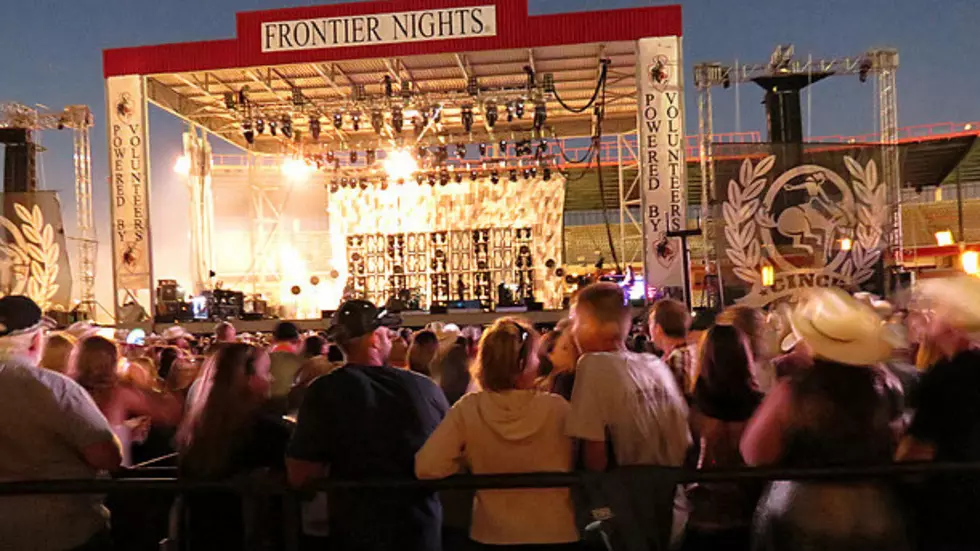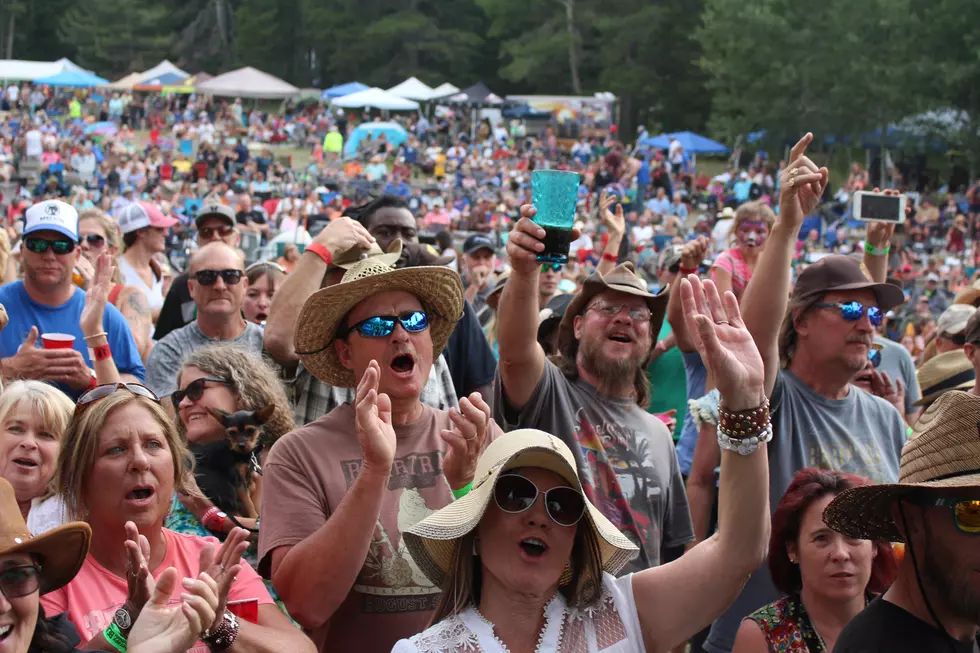
New Bloomberg Report Has Wyoming All Wrong
Have you ever started reading something that seemed wacked, and continued just to see if it's really that bad? This posting from a Bloomberg reporter is put it in blue font. The sane Wyomingite is in black.
The most economically troubled state in the country may be Wyoming. That’s the new Bloomberg Economic Evaluation of States index, ranking Wyoming dead last in the “BEES” index. (Take out the two Es, and that's more like it.) Wyoming's economy wasn't significant in the 2016 election. With a little over half a million residents, it's the least populous state.
So what does population have to do with Wyoming deemed last? This was the first hint that this guy may not know what he’s talking about. His name is Justin Fox, and this just smells only more like a fresh cow paddy.
The obvious reason for Wyoming’s woes is an economy built around energy extraction, and you know how the last couple of years has been for that business. I don't like how he used the words "energy extraction." But it also seems significant that as economic growth has become more concentrated in large metropolitan areas, Wyoming doesn't happen to have any of those. Yes, and the few here want to keep it that way.
In energy, Wyoming is the country's leading producer of coal and uranium, is No. 4 in natural gas and No. 8 in crude oil, and is more dependent on mining and drilling than that of any other state. Energy riches have made Wyoming pretty affluent - its income per-capita above the national average. But they've also left it subject to the cyclical nature of energy. I don't think I like the tone of that word "affluent."
Yes, it's not our first rodeo with energy downers, but he did describe higher income. And if the election figures into how Wyoming's energy will do, most of us would guess that will get better far more likely than worse. Oh wait, I said it there, and it comes out here.
Energy prices have been on the rise lately, and the Trump administration will be out to make life easier. So that's a sign that Wyoming's economy may be due for a turnaround. See, he says one thing, then the polar opposite, followed by another but.
But the economic shift toward large metropolitan areas is a trend, and Wyoming starts at a disadvantage as the only state without a metropolitan area over 100,000 people. Good grief, Justin is fixed on population, but still doesn’t explain why less people equals worst economy. Oh sorry, here it comes now.
The logic of large metropolitan areas as job-creation centers is that, as production gets automated, interactions between humans will become more important. Put more humans - especially humans with skills - together, and you get more economic growth. What! And while some of this interacting can be done virtually, people prefer living where there are lots of other people. What did Justin just say? Wyomingites are bred to not prefer lots of other people.
There are obviously limits to this. (Oh boy, I smell another contradiction.) Some coastal metropolitan areas have become so crowded and expensive that they're driving people away. Yep - an exact contradiction. Fortunately he’s almost done. But? But in general, in the 21st century economy, bigger seems to be better. An interesting case: Cheyenne is about 50 miles from larger Colorado cities - Fort Collins (metropolitan 333,577) and Greeley (metro 285,174). Almost three times as many people commute to Cheyenne from Colorado as make the reverse trip. Wyoming's biggest city, even when it has jobs to offer, is apparently still too small for them.
Did you still not read much evidence for their economic rank. The fact is the Cowboy State has the 7th lowest debt, and is the 4rth best run state in America.





